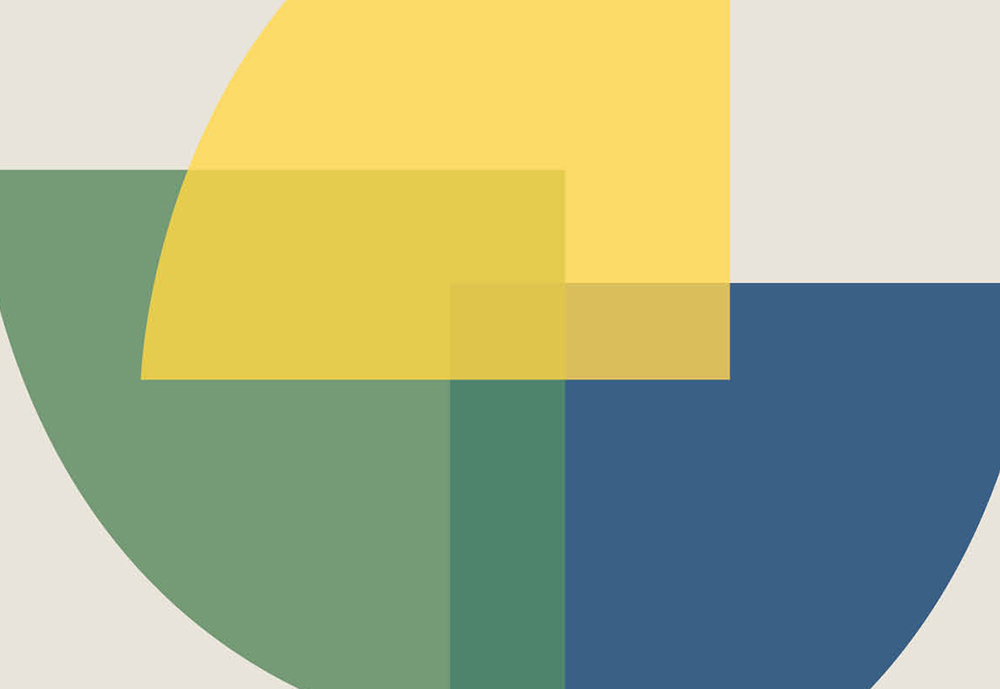The Inner Development Goals
“I’d love to change the world
But I don’t know what to do
So I’ll leave it up to you…”
This lyric comes from the 1971 song “I’d love to change the world” by the British blues rock band Ten Years After. At the time, songwriter Alvin Lee appealed to the world for sustainable change, but he himself did not know where to start and left the task to society.
44 years later, a comprehensive plan for a sustainable world by 2030 was presented in 2015 with the Sustainable Development Goals (SDGs). The seventeen goals cover a wide range of topics that affect people with different needs, values and beliefs. You can find out more about the SDGs at Insights “Promoting Sustainable Development Goals”.
At present, it is questionable whether the SDGs will actually be achieved by 2030 – recently, there have been setbacks in some areas. Even without pandemics and new crises, development is not progressing as quickly as it should. At this time, one idea is gaining more and more supporters, the idea of “Inner Development Goals” (IDGs).
An idea is born
In summer 2019, representatives from various non-profit organisations in Stockholm met to discuss developments in society. In view of the decline in mental well-being in society, but also in view of the slow progress on the SDGs, they asked themselves what changes are needed to achieve the necessary progress.
It is clear to them that the attitude and personal development of the individual is a prerequisite for social change. From this idea, the participants formulate goals for inner development; the basic framework for the IDGs.
From idea to reality
With the framework in hand, the idea was mentioned publicly for the first time at the MindShift Digital Conference at the Stockholm School of Economics in May 2020. Soon after, work began on a framework for achieving the internal development goals: what skills and qualities are most important for individuals to be able to work effectively towards the SDGs?
The resulting framework comprises five dimensions and 23 skills and qualities that are relevant for personal development.
The IDGs as an accelerator for the SDGs
The driving force behind the development of an IDG framework is the realisation that the world is not changing fast enough to achieve the 17 global goals. As the world is a reflection of people, the most important work starts with each individual; on the inner skills and capacities that encourage growth.
The aim of working with the Framework is to educate, inspire and empower people to be a positive force for change in society and to find a more purposeful outlook on their lives. The Inner Development Goals are thus an accelerator to achieve the SDGs and secure a future of well-being for all humanity.
Personal transformation as a prerequisite for achieving the IDGs
What specific personal developments are needed to help achieve the SDGs?
It all starts with the relationship to oneself. Cultivating your inner life and developing and deepening your relationship with your own thoughts, feelings and body helps you to react in a present and conscious way and to be able to deal with complexity.
Equally important is the development of cognitive skills. Only those who adopt different perspectives, evaluate information and understand the world as a coherent whole can make meaningful decisions.
The third dimension of development is summarised under the umbrella term “connectedness”. Appreciation, care and a sense of connection with others help to create fairer and more sustainable systems and societies for all.
It is also important to strengthen cooperation and social skills. In order to make progress on common issues, people must be able to involve and communicate with stakeholders with different values, skills and competences.
Ultimately, people must be able to act. Courage and optimism help to break old patterns, develop innovative ideas and successfully survive uncertain times.
Conclusion
Working on these five aspects will improve the conditions for people to work more effectively towards greater sustainability and prosperity. This provides an interesting perspective for philanthropists who are looking for alternative ways to work towards greater sustainability, starting with the individual.
In 1971, Alvin Lee wrote: “… but I don’t know what to do.” He would certainly write differently today.
